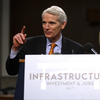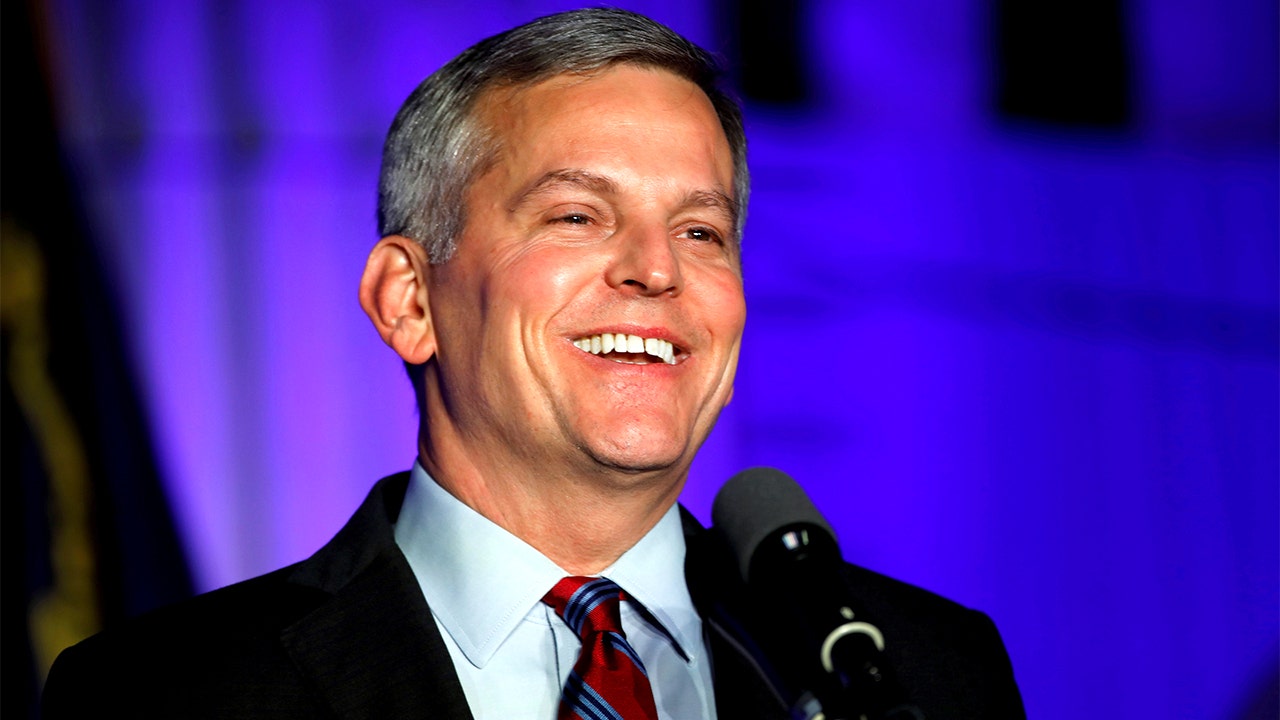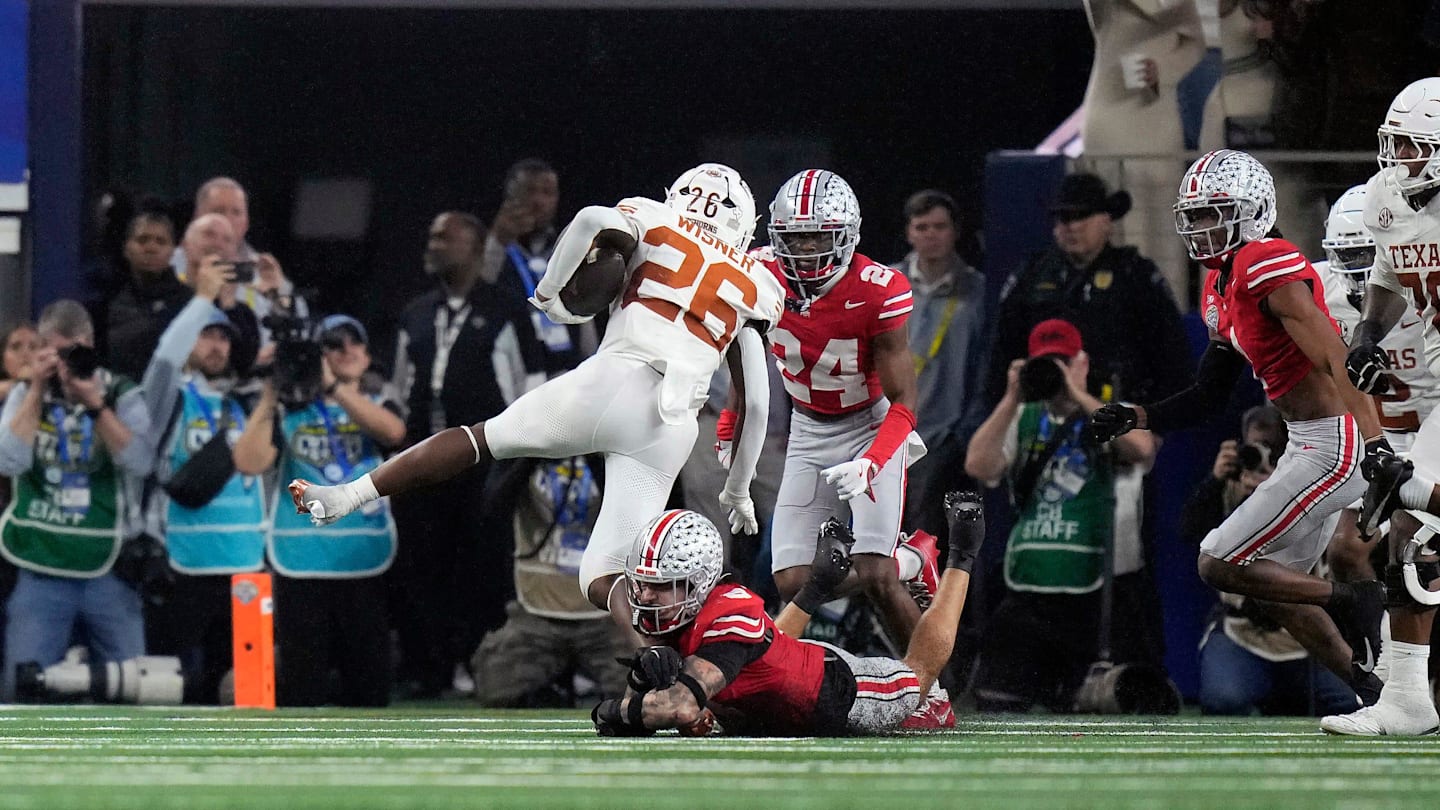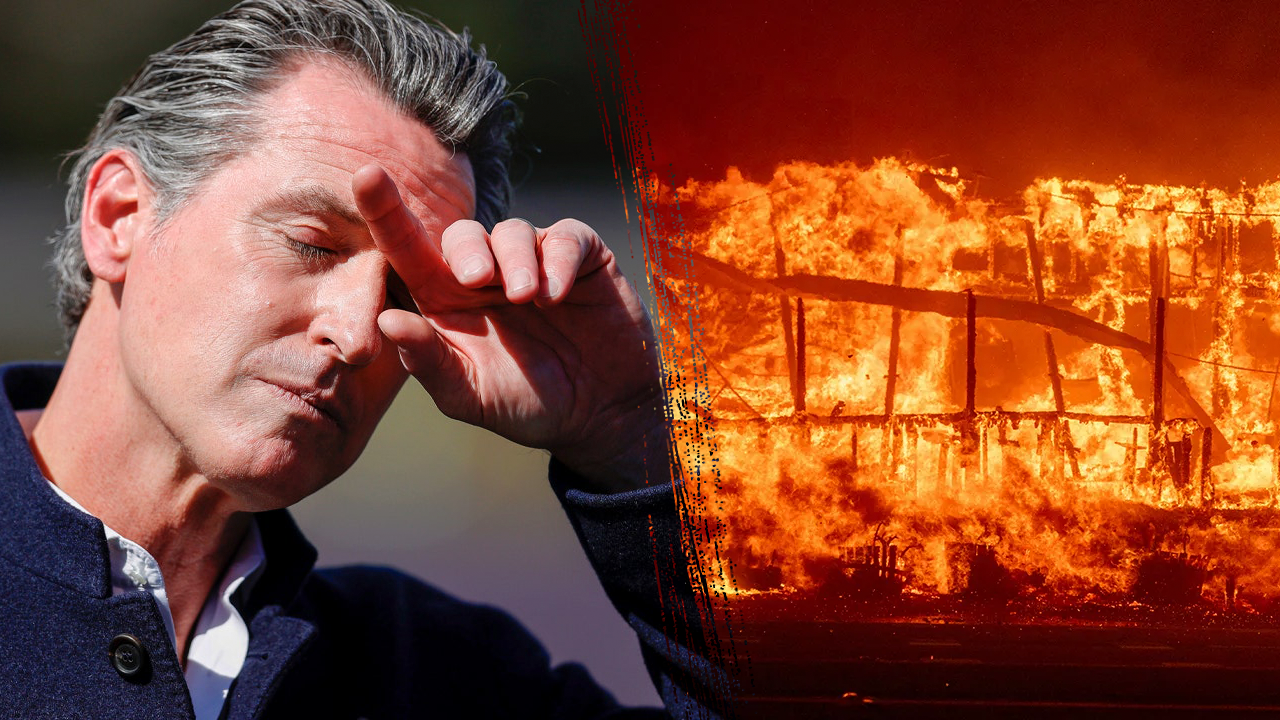U.S. Transportation Secretary Pete Buttigieg at the Baltimore and Potomac Tunnel North Portal in January 2023 in Baltimore. The tunnel, which is more than 150 years old, will be replaced with funds from the bipartisan infrastructure law.
Drew Angerer/Getty Images
hide caption
toggle caption
Drew Angerer/Getty Images
WASHINGTON — Three years after President Biden signed the bipartisan infrastructure law, his administration has a new name for it: the “Big Deal.”
It is, indisputably, a lot of money: more than a trillion dollars in spending on roads, bridges, airports, railroads, ports and more.
But for all that investment, the White House has seen surprisingly little political benefit.
“You know, I don’t think it did,” said Ray LaHood, a Republican who served as Transportation Secretary during the Obama administration. “I was shocked.”
During the first Trump administration, infrastructure week became a running joke in Washington. President Biden took it seriously, betting that voters would reward his administration for delivering where others had not.
But this month, that bet fell flat with voters, who didn’t seem to give his Democratic party much credit.
“The most important thing is that the projects actually get done,” said Transportation Secretary Pete Buttigieg in an interview at the Department of Transportation this week. “From the point of view of the country, it is more important that they get done than it is who gets the credit.”
For the past three years, Buttigieg has spent much of his time on the road, attending ribbon cuttings and ground-breakings for projects all over the country. The DOT has announced $570 billion in funding from the infrastructure law for over 66,000 projects in all 50 states — from $400 million to shore up the Golden Gate Bridge, to $1 million for a new terminal at a tiny airport in Chamberlain, South Dakota.
“It’s everything from these backyard projects to the cathedrals of American infrastructure,” Buttigieg said.
In noting the anniversary on Friday, President Biden called the law, “the largest investment in our nation’s infrastructure in a generation,” he said in a post on X. “On that day, we showed we can get big things done when we work together.”
So why haven’t these investments resonated more with voters?
Part of the issue, Buttigieg argues, is timing. “Some of these projects can be done quickly, but many of them, by their very nature, are projects that take the better part of a decade,” he said. “So it will be a long time before ribbons are cut.”
There are some other theories about why the message didn’t cut through. Mark Zandi, the chief economist at Moody’s Analytics, calls the infrastructure law a “slam dunk success,” but says voters were more concerned about inflation.
“People are paying a lot more for groceries and rent and gasoline than they were a few years ago. So no matter what you did that was good,” Zandi said, “it just gets drowned out by the reality of higher inflation.”
There’s also a theory that the infrastructure law wasn’t ambitious enough.
“These investments are not producing the sorts of results that would get people excited,” said Beth Osborne, the director of the non-profit Transportation For America, which recently released a report on the climate effects of the infrastructure law.
“We are told that it’s going to bring down emissions, but we just released a report that showed it did not do that,” Osborne said.
There’s yet another theory that the Biden and Kamala Harris campaigns just didn’t talk enough about the infrastructure law and the jobs it’s already created.
“I think there should’ve been a lot more focus on the infrastructure bill, on the jobs. I think it would have resonated with voters,” said LaHood, the former transportation secretary who also served as a Congressman from Illinois. “There’s a lot of people working, there’s a lot of orange cones on the highway.”
Back in 2021, 19 Republicans in the Senate and 13 in the House supported the infrastructure law. But many more voted against it, arguing it was overstuffed with too many pet projects.
“This bill, this $1.2 trillion infrastructure bill, isn’t true infrastructure,” said Rep. Nancy Mace (R-SC) in an interview on FOX.
Two years later, Mace was happy to celebrate funding for a new public transit hub in her district.
“What do you want me to do? Turn my back on the Low Country, when we can get funding for public transit? Absolutely not,” she said at a press conference for the project.
Mace wasn’t the only Republican who voted against the infrastructure law only to cheer its accomplishments later. That was sometimes frustrating to watch, said Transportation Secretary Buttigieg. And he expects it to keep happening.
“I think we’re about to have an entire administration doing that because of course, the President-elect also opposed this infrastructure package. But will, I’m sure, not hesitate to celebrate things that are done because of it,” Buttigieg said.
The DOT is doing everything it can to speed up the grantmaking process to make sure money continues to flow to these projects, Buttigieg said. He worries that the Trump administration could try to claw back some of the money in future years, but hopes it won’t come to that.
“I still believe the jobs that are being created and the infrastructure being improved is so beneficial to so many people that it is going to be hard for ideologues to do away with these good efforts,” Buttigieg said. “That’s why it was bipartisan in the first place.”
Buttigieg argues that the legacy of this infrastructure law will be felt for decades to come. But others worry that the political lessons may linger as well.
“It’s going to be hard to do anything big,” said LaHood.
“We need better infrastructure. We should continue to invest,” said economist Mark Zandi. “But that’s going to be hard to do politically because lawmakers are seeing what’s happening here and they’re not getting credit for it.”






























/cdn.vox-cdn.com/uploads/chorus_asset/file/25822586/STK169_ZUCKERBERG_MAGA_STKS491_CVIRGINIA_A.jpg)

